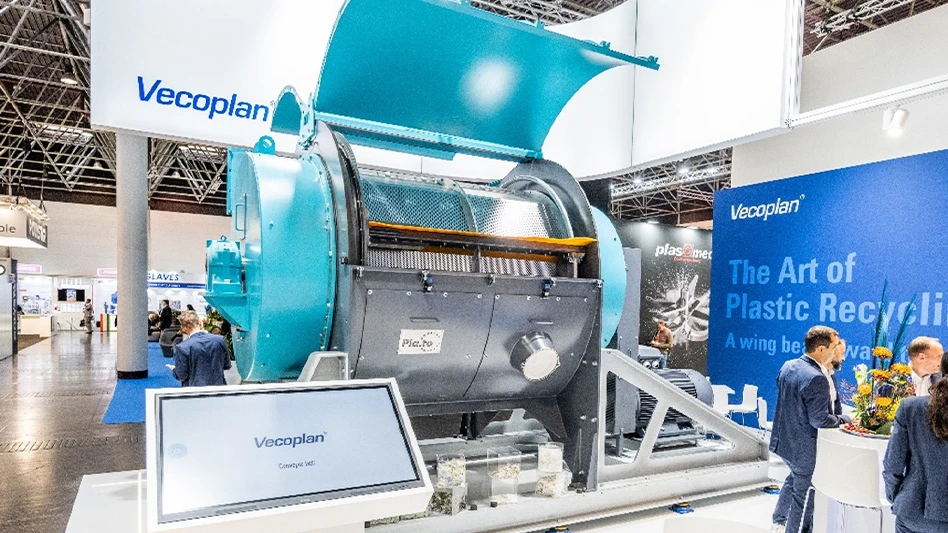
Rrab 1972 | Dreamstime
The U.S. Environmental Protection Agency (EPA) has announced $375 million in funding through the Infrastructure Investment and Jobs Act for recycling, reuse and waste prevention programs. The EPA published three requests for information (ROI) seeking input on the design of these new materials management initiatives, the first step in the process to implement the largest EPA investment in recycling in 30 years.
“Too many communities are burdened by pollution and the negative environmental and health impacts that result from poorly managed waste,” EPA Administrator Michael S. Regan says. “This unprecedented investment from President Biden’s Bipartisan Infrastructure Law will transform recycling and solid waste management across the nation, create good-paying jobs and advance our bold environmental agenda as we work to build a better America.”
The $375 million in funding will develop several new initiatives, including a solid waste infrastructure for recycling grant program, a recycling education and outreach grant program and a model recycling program toolkit. It also will provide funding to compile best practices for battery collection, recycling and labeling guidelines.
Through education and outreach grants, the EPA can fund projects like public service announcements, advertising campaigns and the development and dissemination of recycling program toolkits. These activities enable the agency to improve consumer education and outreach on how to correctly recycle, reduce contamination in the recycling stream, produce higher quality recycled materials and advance a circular economy. A circular economy reduces material use, redesigns materials to be less resource-intensive and recaptures “waste” as a resource to manufacture new materials and products.
ROIs are the first steps in developing these grant programs and guidance. Through the ROIs, the EPA is asking all interested individuals and organizations to share their perspectives on resources, opportunities and barriers related to reducing, reusing and recycling infrastructure, education and outreach programs and battery recycling and collection.
To access the ROIs and learn how to comment, visit the Bipartisan Infrastructure Law Transforming U.S. Recycling and Waste Management webpage.
Additionally, the EPA is initiating a national effort to engage stakeholders across the country to inform the development of these new programs, hosting virtual meetings and feedback sessions in all 10 regions and nationally. The EPA is targeting community groups and environmental justice organizations around the country as part of this outreach plan.
For more information about EPA’s Bipartisan Infrastructure Law funds, click here.
Latest from Recycling Today
- Equipment from the former Alton Steel to be auctioned
- Novelis resumes operations in Greensboro, Georgia
- Interchange 360 to operate alternative collection program under Washington’s RRA
- Waste Pro files brief supporting pause of FMCSA CDL eligibility rule
- Kuraray America receives APR design recognition for EVOH barrier resin
- Tire Industry Project publishes end-of-life tire management guide
- Des Moines project utilizes recycled wind turbine blades
- Charter Next Generation joins US Flexible Film Initiative





